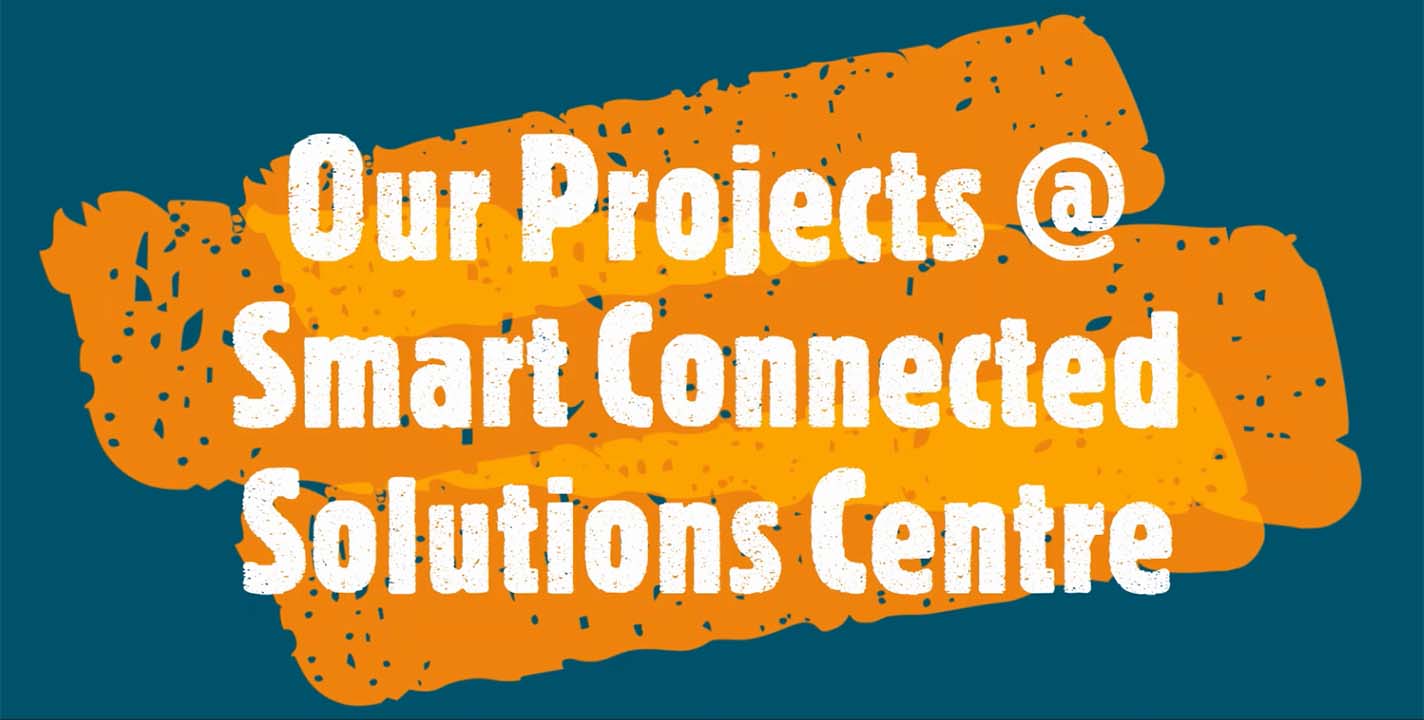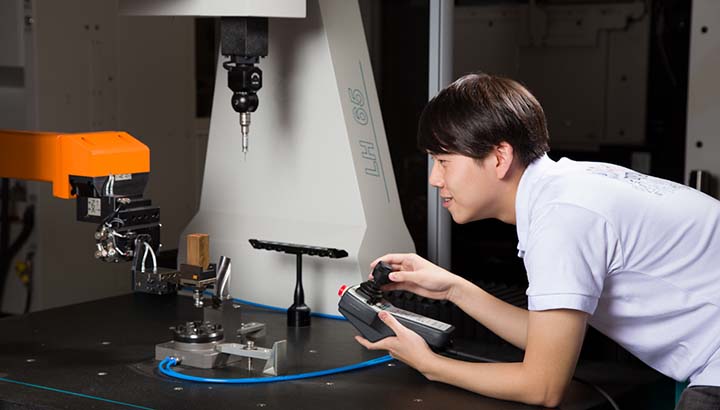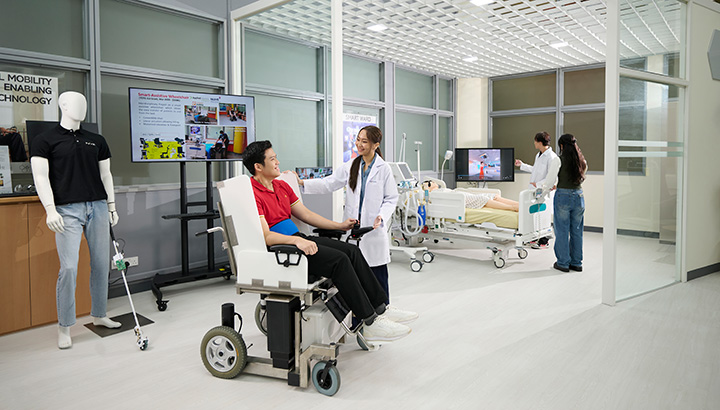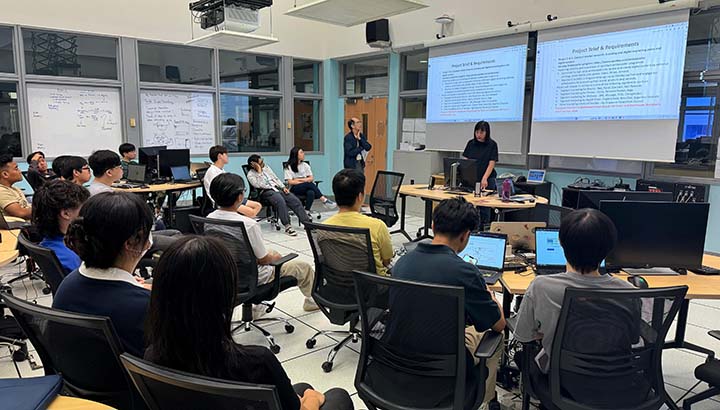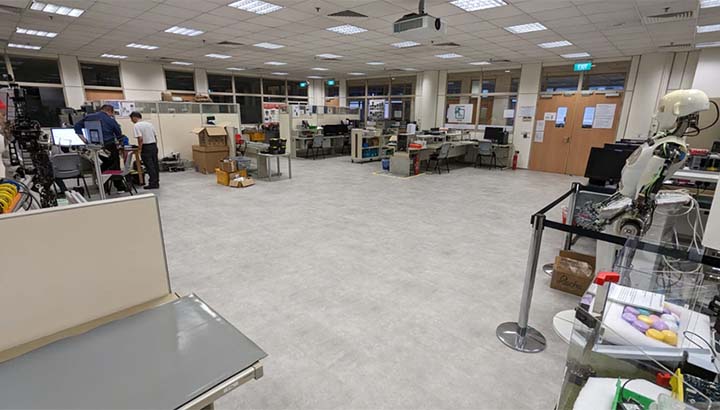Engineer a better tomorrow
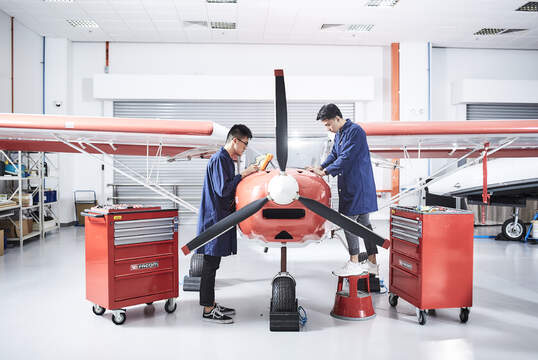

Engineered to your advantage
Earn accreditations from industry leaders
Master the latest technologies and skills, and earn certifications from global leaders like Microsoft and Schneider Electric.
3D print into the future
Unlock your creativity with 3D printing know-how in Year One - a skill which will be in demand. Experiment, prototype, and turn your ideas into groundbreaking solutions.
Build a sustainable tomorrow
Sharpen your sustainability skills through diverse projects and impactful community experiences.
Thrive both professionally and personally


Fast-track your education with the NYP-NUS University Pathway Programme (UPP)
Selected students under the UPP can enroll in NUS-taught courses while pursuing their NYP diploma.
Find out moreNEW: Diploma in Cloud Engineering
Work with tech giants like Google, Amazon AWS, and IBM. Become the engineers who design and build the infrastructure behind the likes of Netflix or Spotify.
Find out moreChart your course to success
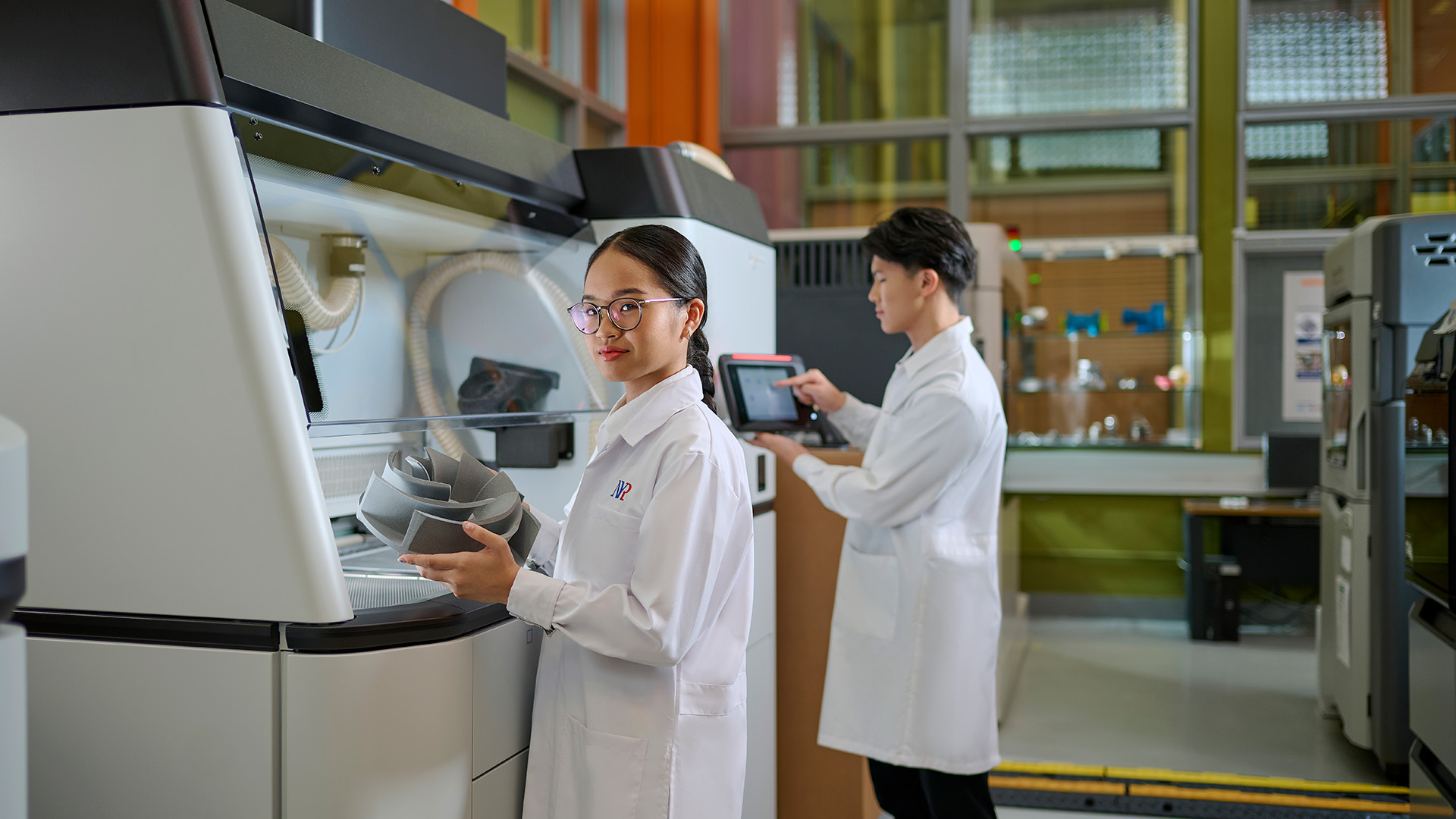
Advanced & Digital Manufacturing (C62)
ELR2B2-C (2025 JAE): 13 - 26 pointsELMAB3 (2025 PFP): 7 - 11 points
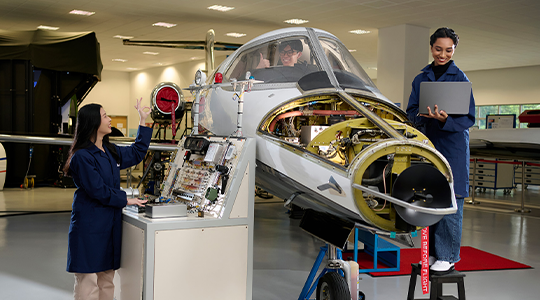
Aerospace Engineering (C26)
ELR2B2-C (2025 JAE): 7 - 16 pointsELMAB3 (2025 PFP): 4 - 8 points
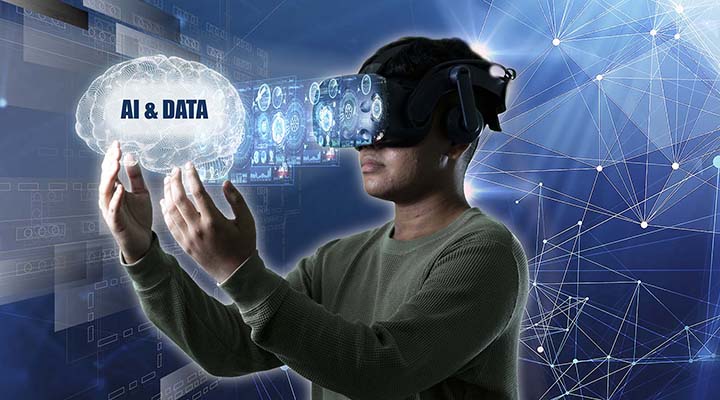
AI & Data Engineering (C31)
ELR2B2-C (2025 JAE): 6 - 13 pointsELMAB3 (2025 PFP): 4 - 7 points
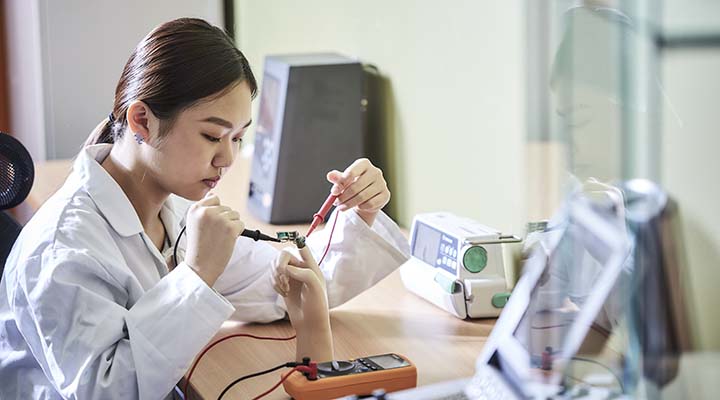
Biomedical Engineering (C71)
ELR2B2-C (2025 JAE): 7 - 12 pointsELMAB3 (2025 PFP): 5 - 7 points
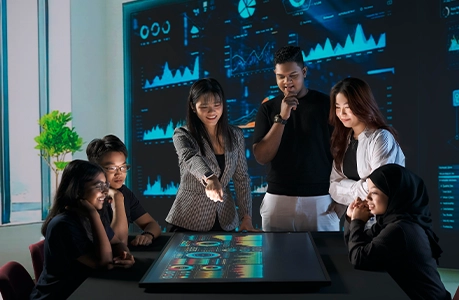
Cloud Engineering (C75)
ELR2B2-C (2025 JAE): 10 - 25 pointsELMAB3 (2025 PFP): 6 - 11 points

Electronic & Computer Engineering (C89)
ELR2B2-C (2025 JAE): 9 - 22 pointsELMAB3 (2025 PFP): 8 - 10 points
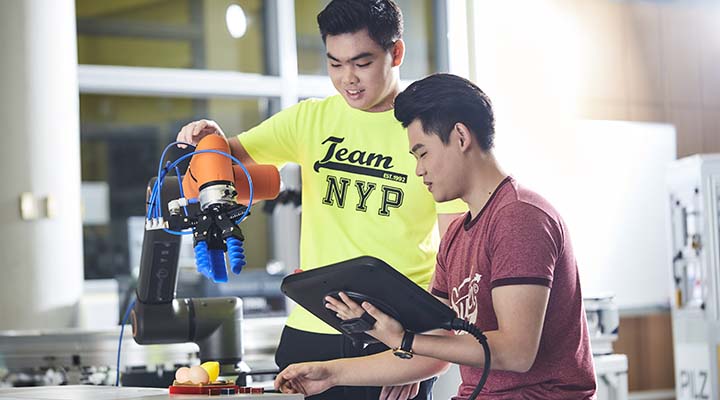
Robotics & Mechatronics (C87)
ELR2B2-C (2025 JAE): 4 - 25 pointsELMAB3 (2025 PFP): 4 - 11 points

Sustainability in Engineering with Business (C41)
ELR2B2-C (2025 JAE): 6 - 14 pointsELMAB3 (2025 PFP): 5 - 8 points

Common Business & Technology Programme (C24)

Common Engineering Programme (C42)
ELR2B2-C (2025 JAE): 6 - 25 pointsELMAB3 (2025 PFP): 6 - 10 points
Immersive learning that taps the power of industry
Glimpse at what we've done

Code Across Cultures: A Software Development Journey at Nusantara Beta Studio (NBS) in Jakarta, Indonesia
Calista Chew shares how working in a dynamic, cross-cultural environment not only strengthened her software development skills but also gave her a deeper understanding of how cultural diversity shapes the workplace.
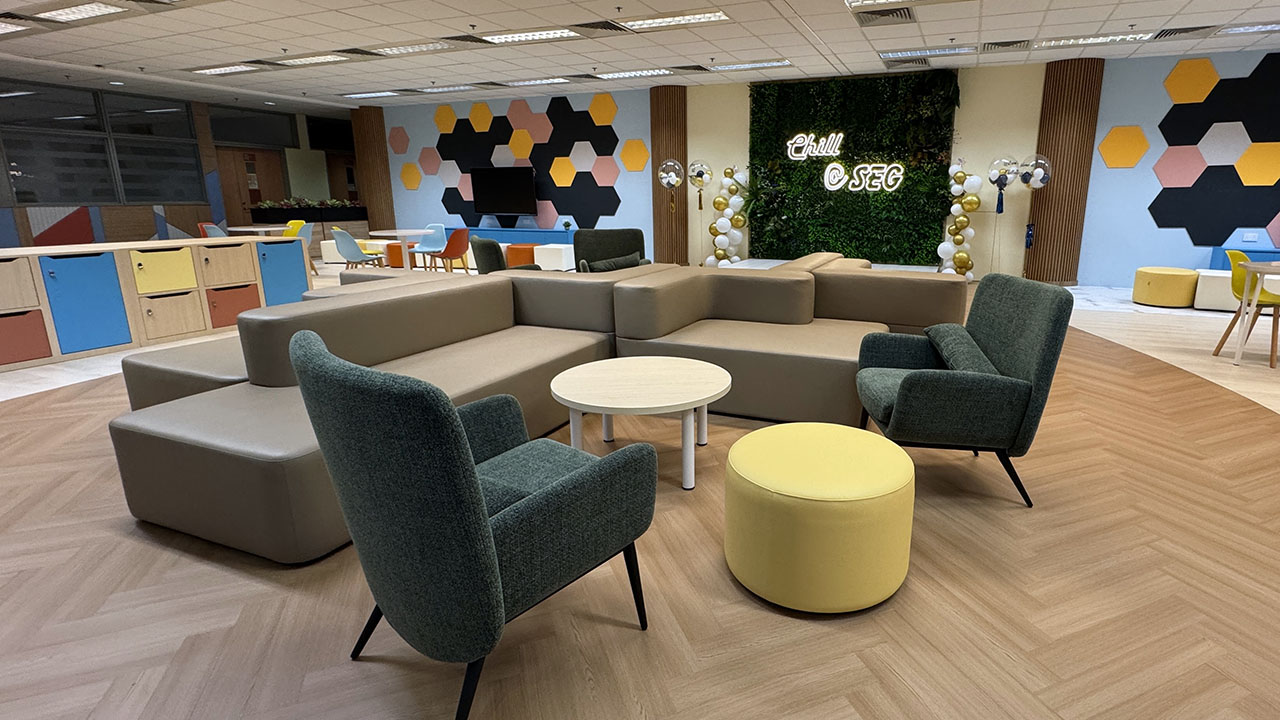
Chill @ SEG
Step into SEG's newest hangout spot, Chill @ SEG, where vibrant energy meets cozy comfort. Perfect for unwinding, socializing, and creating unforgettable memories with friends!

Fast-track your education with the NYP-NUS University Pathway Programme (UPP)
Selected students under the UPP can enroll in NUS-taught courses while pursuing their NYP diploma.



























